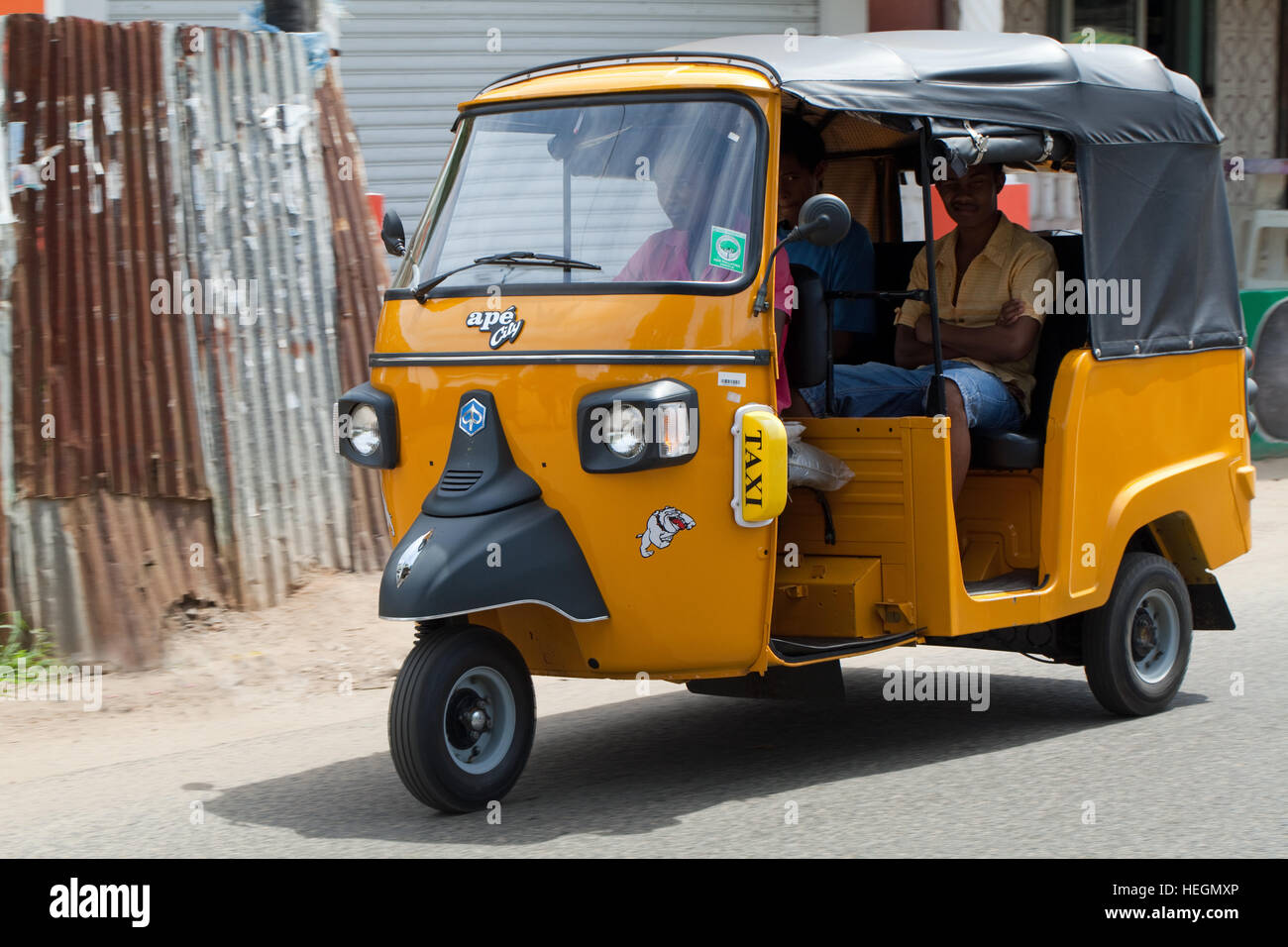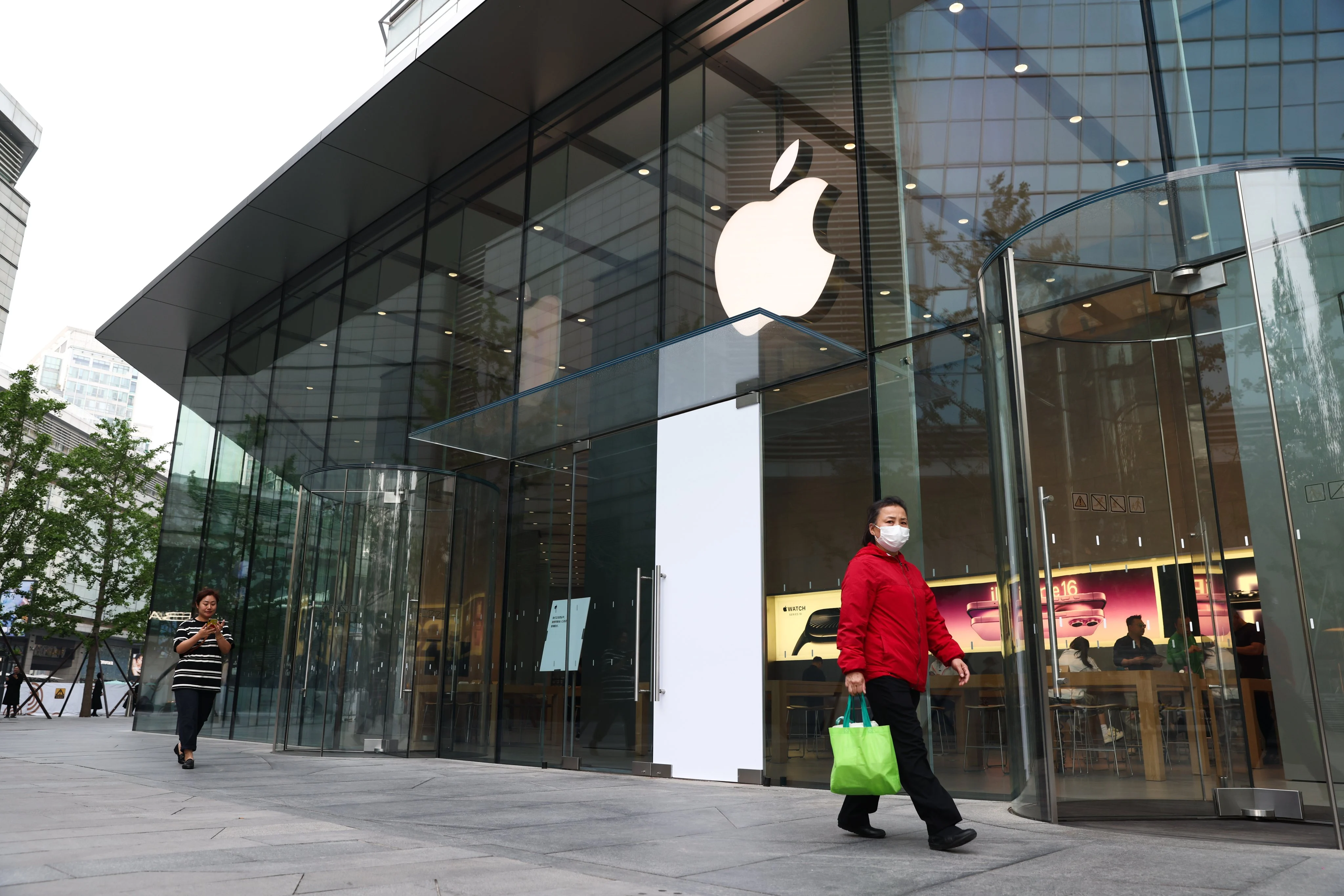Fair Play or Free Ride? Tok Tok’s Tax Status Under Scrutiny as Yellow Taxi Business Struggles in Gambia
By Nelson Manneh,Sulayman Bah
Copyright foroyaa

By Nelson Manneh
In the heart of The Gambia’s bustling cities, a new chapter in the country’s transport saga is unfolding. The arrival and rapid growth of app-based ride-hailing services like Tok Tok have set off a fierce debate about fairness, competition, and the future of the nation’s commercial transport sector.
For decades, the iconic yellow taxis have ruled the roads, offering reliable service even as drivers grapple with bad roads, surging fuel costs, and high maintenance fees. Now, traditional taxi operators say the game has changed — and not in their favor. Tok Tok, with its fleet of nimble three-wheeled “tuk-tuks,” is drawing customers away, taking advantage—drivers allege—of regulatory loopholes and lighter tax burdens.
An Uneven Playing Field
At the heart of the dispute is a question of equity. Licensed taxi drivers are subject to a host of fees and strict regulations: vehicle inspections, annual licensing, road taxes, and more. Meanwhile, many Tok Tok drivers operate in a legal gray area. “Our arguments are based on facts, not friction,” said Abubacarr Cham, a yellow taxi driver. “We’re complaining because the transport laws are not fair to us and the government is not doing anything to look at the laws.”
Commercial drivers argue the system is rigged against them. They point out that the Gambia Motor Traffic Act of 1948 — a colonial-era law still in effect, albeit with amendments — fails to account for app-based services or three-wheeled vehicles. “Tok Toks are literally taxis,” said driver Arafang Camara. “They should be treated as taxis by law and pay equal tax with the yellow taxis.”
The government has amended the law several times, introducing seatbelt requirements in 2008 and stricter penalties for tax dodgers in 2013. But for many, these changes don’t go far enough. The Act, they say, is outdated and ill-equipped to handle the digital transformation sweeping the sector.
Tok Tok Drivers’ Perspective
Tok Tok drivers, for their part, say they are simply meeting demand. “Tok-toks provide a faster, more flexible option for navigating congested urban areas,” said Alpha Jallow, a driver in Bundung. He notes that the sector has created jobs for young Gambians and made travel more affordable and accessible, especially for short distances.
Still, that hasn’t spared them from scrutiny. In 2022, the Gambia Police Force (GPF) began impounding commercial tricycles, citing their lack of legal status as commercial passenger vehicles. Authorities also flagged safety concerns and congestion, particularly in the Greater Banjul Area. The legal limbo leaves many tok tok drivers—especially non-Gambians—vulnerable to arbitrary enforcement and sudden crackdowns.
“It is the Police who give them the authority to drive despite being non-Gambians,” said driver Sulayman Jawara. “If the commercial sector is to be preserved for Gambians, then the government should enforce it across the board.”
A Sector in Flux
The issue of foreign drivers is another flashpoint. While the law does not formally reserve commercial driving for Gambians, the GPF and the General Transport Union (GTU) say the sector is “slipping away” from locals. In August 2025, authorities began enforcing laws barring non-Gambians from driving commercial vehicles, sparking protests from foreign tok tok operators who argue the move threatens their livelihoods.
Omar Ceesay, President of the Gambia Transport Union, has long called for an overhaul of the Motor Traffic Act. “The problem is the Motor Traffic Act is a colonial law and needs to be amended. It does not match the realities of the sector,” he said. Ceesay and others warn that, unless the law is updated, the government risks losing control of the industry altogether.
Public opinion is divided. Some, like market vendor Maimuna Colley, believe that “tok toks have contributed significantly” to the transport sector but should be driven by Gambians. Others highlight the sector’s role as a lifeline for the country’s youth, especially those without formal education.
What’s Next?
The government is currently working on a new Road Transport Bill, aiming to modernize the country’s transport laws and clarify the status of ride-hailing services and non-traditional vehicles. The outcome will determine whether digital disruptors like Tok Tok are held to the same standards as their yellow taxi counterparts, or continue to carve out a privileged niche.
For now, as the debate continues, The Gambia’s roads remain a battleground between tradition and technology—a test case for how African countries manage the collision of innovation and regulation in a rapidly changing world.



